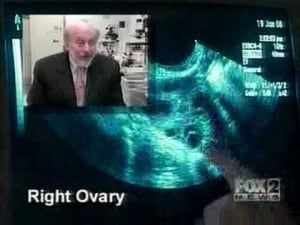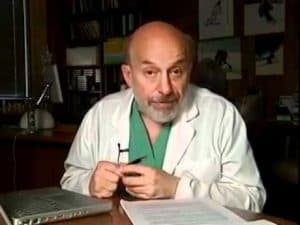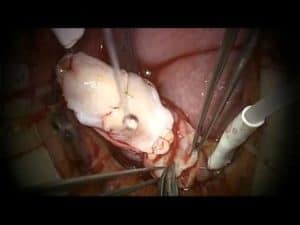Evaluating and Preserving Your Fertility as You Age
We can now predict when you will lose your fertility and when you will go through menopause.
If you are in danger of becoming infertile soon, we can freeze your eggs or ovary so that you can have children later when you are ready.
Infertility is a worldwide epidemic, in almost all developed or developing countries. In the U.S., Europe, China, India, and all over the world, the number one reason for a visit to the doctor is infertility. Almost 25% of all women of childbearing age currently wishing to have children are infertile. In fact, the real reason for the anticipated insolvency of social security in the U.S. is that although people are living to an older age, many are not having children. So infertility is a raging epidemic that threatens our entire society, not just those that cannot have children.
The major reason for this worldwide epidemic is that with our advancing culture, women are putting off childbearing. They want to have children, but not in their early 20’s when they are most fertile, rather in their mid-30’s by which time 25% will be infertile. Only 1% of women in their early 20’s are infertile but by their late 20’s, 16% are infertile, and by their mid-30’s almost 25% are infertile. By age 40, 60% are infertile and by age 43 it would be a rare woman who is still fertile. This dramatic drop off in fertility with just modest increase in age is caused by the aging of her eggs. Women would have no difficulty getting pregnant and having children in their 40’s, or 50’s except simply for the fact their eggs are older (or they even may have run out of them completely).
A woman is born with about 2,000,000 eggs, and by the time she is a teenager that number has diminished to 400,000. From her teen years onward there is an exorable loss of eggs, so that about 1,000 eggs die every month, 13,000 a year. Those 400,000 eggs she had as a teenager are usually depleted by the time she is in her late 30’s or early 40’s. Then about 10 years after she has lost her fertility and most of her eggs, she goes through menopause.
It may seem unfair biologically, but men continue to make hundreds of millions of sperm every day with their sperm stem cells. Thus there is very little age related decline in fertility in men. However, women are losing 1,000 eggs per month and even the eggs they have not lost yet (that are older) are less likely to be fertile.
We can now help women solve this problem by figuring out, with ultrasound, when they will lose their fertility. If they are at risk of losing their fertility soon, we can freeze their eggs or ovaries so that they can have children later.
If you have any questions, you may call us at (314) 576-1400.






